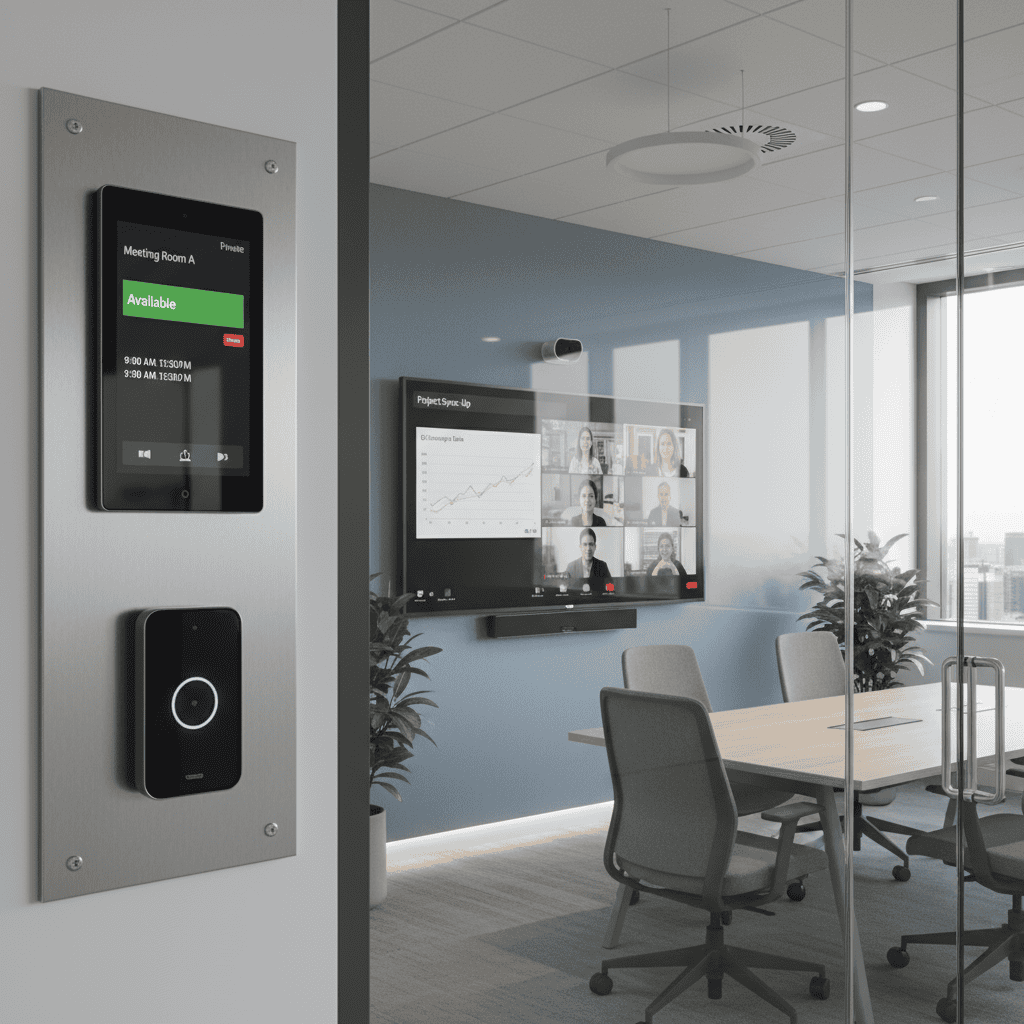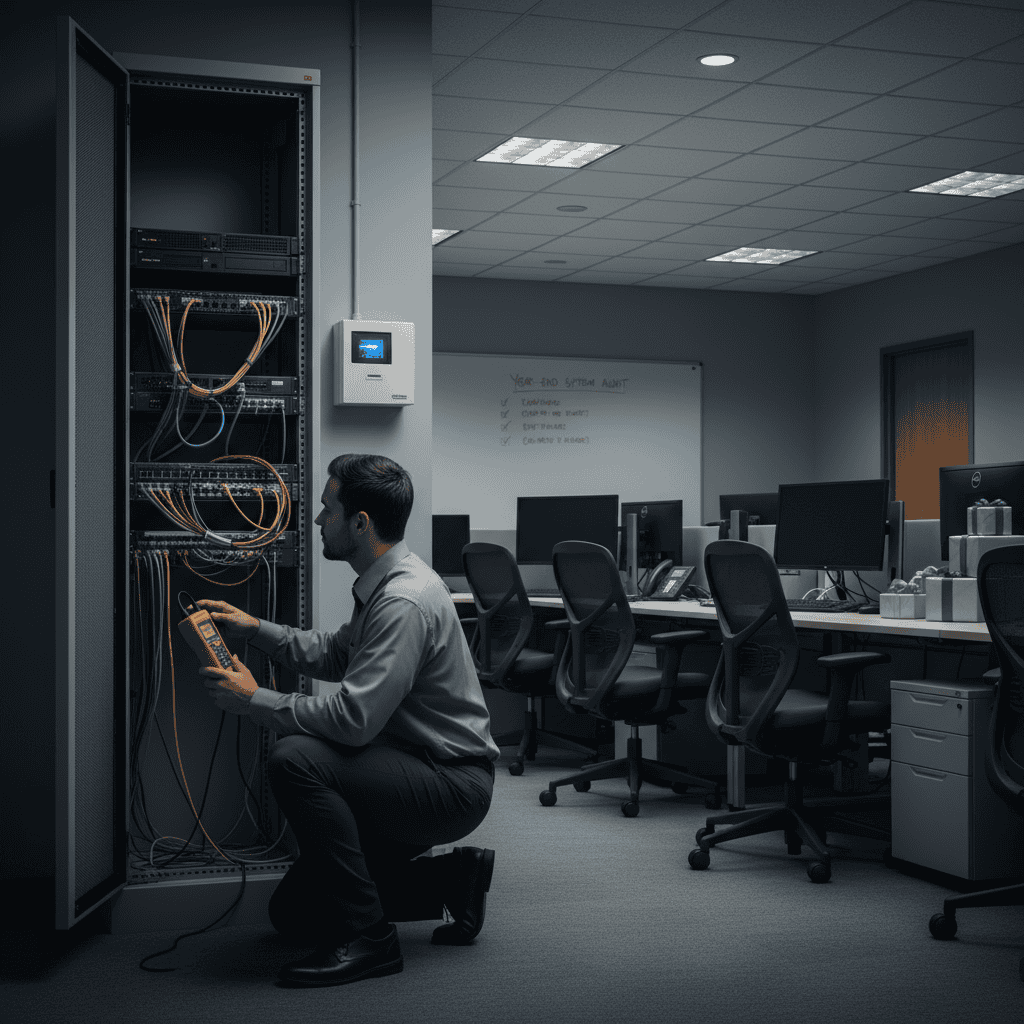Cloud Server vs Physical Server: Which Is Right for You?

Cloud servers and physical servers have unique purposes in the tech world. While both cloud and physical servers act as a viable hosting environment for IT professionals, a thorough comparison is necessary to understand the differences between a cloud server vs. physical server.
Understanding these differences is crucial to making wise infrastructure choices for your organization’s future. This article will navigate the cloud vs. physical servers world to help you make the best decision moving forward. Let’s get started!
Understanding Cloud Servers
A comprehensive cloud server definition is essential to understanding the many advantages of this hosting environment. Cloud servers are pools of centralized resources provided over a single network and accessible by various authorized parties instantly. Cloud servers are accessible through a management portal, where users can effectively locate data and other crucial resources to operate efficiently.
Several cloud server benefits make this solution viable for many companies, including the following:
- Cloud servers scale easily
- Cloud servers are easily integrated into other business applications
- These servers provide instant access to crucial organizational data
- Cloud servers are easy, safe, and accessible remotely
Though these benefits are among the many reasons why companies choose cloud-based servers, there are some notable cloud server drawbacks, including the following:
- Cloud servers can cause several latency issues because access to data is heavily reliant on your Internet connection.
- Cloud operating systems (OS) are part of a parent server with several accounts, causing a higher risk of over-allocated physical servers that result in poor online performance.
Exploring Physical Servers
Physical servers describe hardware built from numerous physical components for computing purposes. A thorough physical server definition explains that these systems are popular because they are entirely customizable. They are computers intended for private use, giving you privileged access to navigate the system.
There are various physical server advantages, including the following:
- A higher level of control compared to cloud servers
- A simple customization process
- An increased level of security because there is a limited number of admin users and no neighboring accounts
- Complete visibility into applications to determine whether they meet their intended purpose
- Total control over the software because physical servers eliminate neighboring accounts
However, like cloud servers, there are notable physical server disadvantages to consider:
- Physical servers must go offline for necessary upgrades, causing increased downtime.
- Altering physical servers requires manual effort, which can cause issues with time constraints and requires professional guidance to ensure the process goes correctly.
Cloud Server vs. Physical Server: Performance Comparison
One of the primary factors to consider when deciding between cloud and physical servers is the performance capabilities of both options, making a performance comparison essential. While both options have performance advantages and disadvantages, cloud server performance is often superior because of its scalability options. Additionally, a cloud server allows for more than one client provisioned on the same physical software, preventing your performance from being negatively impacted by another party using cloud resources.
However, a physical server performance outshines some cloud performance capabilities. For instance, physical servers typically provide a reliable performance that offers more insights into your performance data. Because they aren’t easily scalable, a physical server might experience performance issues if there’s a sharp increase in demand. Still, you get to choose the hardware for your physical server, giving you a clearer idea of how the system will perform.
Scalability and Flexibility: Cloud vs. Physical
Scalability and system flexibility are important factors when deciding between a cloud or physical server. Server scalability is crucial to allowing your business to grow over time with minimal server adjustments.
Cloud servers are typically more helpful when it comes to cloud vs. physical scalability. Server flexibility is possible with cloud servers because they can be easily expanded to meet increased demand and high levels of user traffic. In contrast, a physical server will require additional investments to scale and meet new demand, making it a less cost-effective solution if you’re anticipating business growth.
Cost Considerations: Budgeting for Your Infrastructure
A thorough server cost comparison is necessary to ensure that you make the right decision for your business and budget. Physical server costs are generally higher than cloud server costs, making the latter preferable for many IT businesses.
Cloud servers are typically more cost-effective than other servers because they require few resources, eliminating the need to pay for unnecessary components. These servers often charge per usage and eliminate the need to spend high amounts on hardware and software. Cloud servers also typically don’t require an upfront capital investment like a physical server does, as physical servers require a hefty upfront setup cost and additional licensing fees. However, cloud servers can become costly if you need data recovery services if your hardware fails.
Security and Data Protection: Cloud vs. Physical
Server security and data protection are the most important factors in maintaining a secure infrastructure and preventing damage caused by data loss or breaches. Regarding cloud vs. physical security, physical servers are typically more secure than cloud servers.
A physical server is more secure because it has a single-tenant environment, eliminating the need to share hardware resources with neighboring accounts like a cloud server. Cloud servers are less secure because cloud computing is a shared environment, whereas physical servers are dedicated to a specific environment.
Maintenance and Management: Ease of Use
When deciding between a cloud or physical server, server maintenance is a massive consideration. Regarding cloud vs. physical ease of use, cloud servers require far less maintenance and management than physical servers. Physical servers have worse ease of use because of the need for frequent server management, such as during installation and configuration.
Physical servers also incur ongoing maintenance costs to ensure the system consistently benefits your company’s operations. Cloud servers don’t require maintaining your hardware or paying additional upgrade costs when your business grows.
Considerations for Business Needs
Ultimately, a server choice for business operations comes down to determining your company’s requirements. Your cloud vs. physical decision should be based on your business infrastructure needs.
For example, smaller businesses focusing on growing their services and scaling are typically better suited to cloud servers. Additionally, e-commerce businesses that experience seasonal surges are typically more suited to cloud servers. Physical servers are helpful for large organizations without plans to scale that require a secure and stable solution. Businesses looking for a custom server are better suited to physical servers than cloud servers.
Making the Right Choice: Cloud or Physical?
Making the right choice is crucial when choosing server type. So, what’s the right decision for your business: cloud or physical servers? Below is a brief cloud vs. physical decision guide to help you make the best choice for your needs:
- A cloud server is more suitable if you plan on rapidly scaling your business and expanding your customer base or offerings.
- A physical server is more suitable if you’re seeking a stable and consistent amount of available resources.
- A physical server is more suitable if you need a custom server for your business.
- If budget is a concern and you want a less expensive server that requires fewer maintenance costs, a cloud server is better for you.
- If your main concern is data breaches and loss, a physical server might be more secure and suit your operational needs better.
Conclusion
Making your infrastructure decision is a big step to grow your business and promote consistent performance. Our cloud vs. physical conclusion can be understood with the following server choice summary:
- Cloud servers typically perform better than physical servers; however, this depends on your Internet connection. While physical servers aren’t easily scalable and won’t perform well with sudden spikes in demand, they provide a reliable performance.
- Cloud servers are more scalable and flexible than physical servers, making them ideal for scaling companies.
- Cloud servers are more cost-effective than physical servers, which can incur hefty maintenance and management costs.
- Physical servers offer higher data security because of their single-tenant environment.
- Cloud servers require far less maintenance, making them more practical for many companies.
Are you interested in learning more about cloud servers and physical servers? Discover the solutions from i.e. Smart Systems today!
About i.e.Smart Systems
i.e.Smart Systems is a Houston, TX based technology integration partner that specializes in design and installation of audio/visual technology and structured cabling. For more than three decades, our team of in-house experts has partnered with business owners, architectural firms, general contractors, construction managers, real estate developers, and designers in the Houston market, to deliver reliable, scalable solutions that align with their unique goals.




